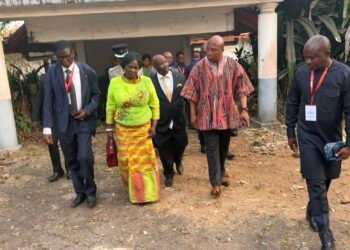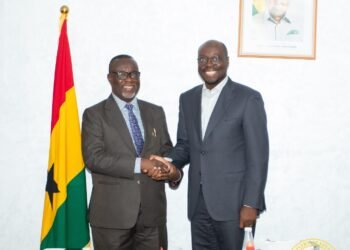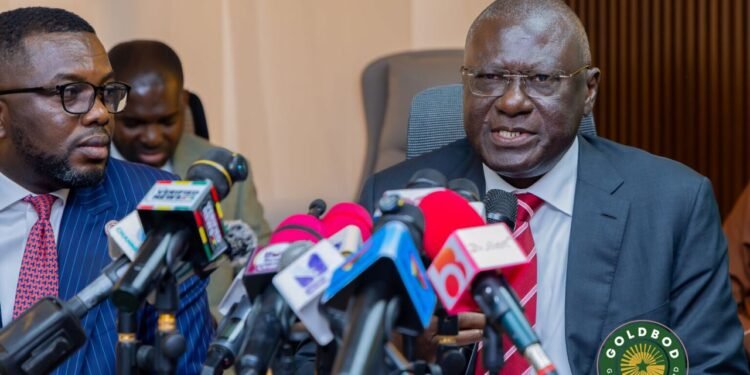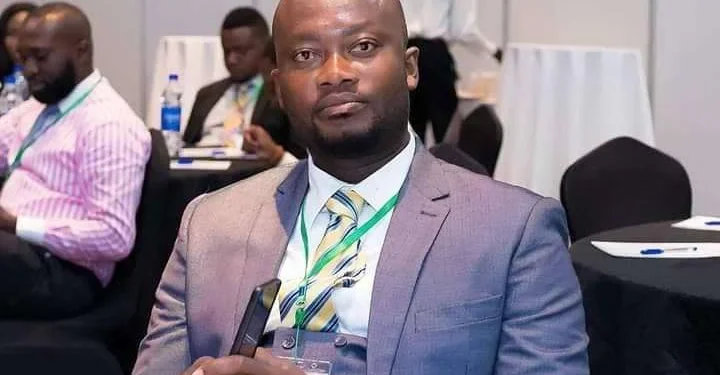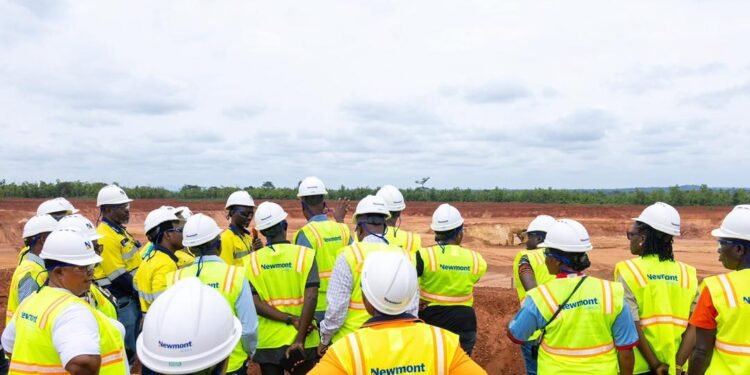In a passionate speech delivered at the 78th session of the UN General Assembly, Ghana’s President Nana Addo Dankwa Akufo-Addo has once again urged for a comprehensive overhaul of the United Nations Security Council.
Describing the current structure as outdated, unrepresentative, and insufficient to address modern global challenges, President Akufo-Addo emphasized the need for inclusivity and fairness within the council.
“The structure of the [UN Security] Council reflects a world that no longer exists. And its failure to act in times of crisis raises a difficult question: what is the purpose of the Security Council if it cannot intervene when the world needs it most?”
President Nana Addo Dankwa Akufo-Addo
The UN Security Council, established in 1945 following the devastation of World War II, originally reflected the global power dynamics of that era. Five permanent members— the United States, Russia, China, the United Kingdom, and France— were granted veto power, a symbol of their influence in shaping the post-war order.
However, as President Akufo-Addo pointed out, the geopolitical landscape has evolved dramatically since then. Regions like Africa, Latin America, and South Asia have emerged as important global players, yet they remain marginalized in the council’s decision-making process.
“Africa, a continent of 1.4 billion people, has no permanent voice in shaping decisions that affect global peace and security. The time for half measures is over. We need a Security Council that is fit for purpose in today’s world.”
President Nana Addo Dankwa Akufo-Addo
President Akufo-Addo’s call for reform comes as many countries have voiced concerns over the council’s perceived inability to address major crises decisively.
One of the central arguments in President Akufo-Addo’s address was the lack of representation for Africa on the council. Despite being home to a large portion of the world’s population and often bearing the brunt of conflicts, Africa remains without a permanent seat on the Security Council.
The President urged for the implementation of the Ezulwini Consensus, a unified African position on UN reform, which advocates for two permanent seats for Africa, with veto power, as well as five non-permanent seats.
“For years, I have championed the need to reform the Security Council as per the Ezulwini Consensus,” President Akufo-Addo noted. He welcomed the support from leaders such as U.S. President Joe Biden and French President Emmanuel Macron, both of whom have endorsed the idea of Security Council reform.
President Akufo-Addo further critiqued the Security Council’s inaction in response to several major global crises, including the Russian invasion of Ukraine and the ongoing conflict in Gaza.
“Millions of lives have been uprooted, thousands have lost their lives, and yet, the Security Council has struggled to respond decisively,” he said. His message was clear: without urgent reform, the council risks becoming obsolete and ineffective.
President Akufo-Addo’s critique echoed a broader concern shared by many in the international community. The Security Council’s emphasis on the interests of its five permanent members—each wielding veto power—has, in some cases, led to gridlock and an inability to respond adequately during moments of global crisis.
Need for Broader Global Governance Reform

President Akufo-Addo also stressed the importance of a more inclusive and equitable global governance system, calling for changes that reflect the current geopolitical and economic realities.
“The current structure, created in 1945, no longer reflects the realities of today’s geopolitical and economic landscape. This lack of representation undermines the legitimacy of the Council’s decisions.”
President Nana Addo Dankwa Akufo-Addo
President Akufo-Addo’s vision is for a Security Council that is “more inclusive, democratic, and responsive to the complex challenges we face today.” By reforming the Security Council, Akufo-Addo believes the UN can regain legitimacy and effectiveness in promoting global peace and security.
While advocating for reform, President Akufo-Addo also highlighted Ghana’s contributions to global peacekeeping efforts, particularly in Africa.
“We have often borne the brunt of conflicts, sending our troops to peacekeeping missions with limited support from the global community,” President Akufo-Addo noted.
President Akufo-Addo expressed some satisfaction with the UN’s recent moves to finance peacekeeping in Africa, a direct outcome of Ghana’s presidency of the UN Security Council. However, he insisted that more needs to be done.
As the world faces complex challenges and increasing geopolitical tensions, President Akufo-Addo’s message is clear: “The world has changed, and the Security Council must change with it to maintain its relevance in promoting global peace and security.”
READ ALSO: Banking Sector Fuels GSE Growth Despite Trading Decline








